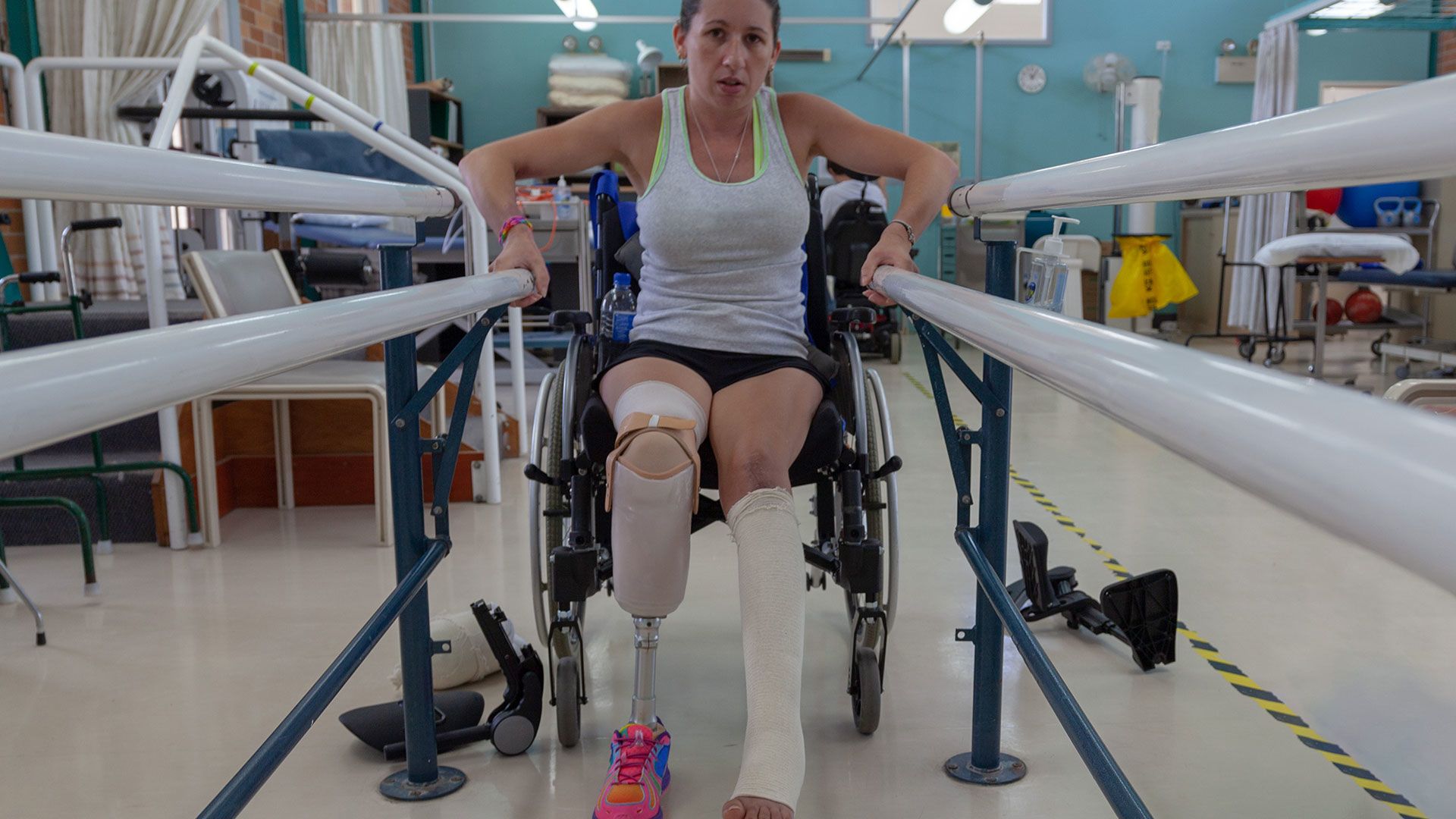Updated on January 6, 2025
In the United States, vaccination recommendations are issued by the Advisory Committee on Immunization Practices (ACIP), which is part of the Centers for Disease Control and Prevention (CDC).
Meningitis B (MenB) is a serious bacterial infection. The ACIP has different recommendations for vaccination against MenB, depending on risk level. One is for people at high risk of being infected. The other is for people at normal risk.
- People at high risk should receive a MenB vaccine. This includes people 10 years and older who may be exposed to MenB due to outbreak or because of lab research. It also includes anyone with a health condition that puts them at a greater risk of MenB, such as sickle cell disease.
- People at normal risk can opt to receive the vaccine if they choose to, a decision they can make with the guidance of their healthcare provider (HCP). This approach is called “shared clinical decision making.” For normal-risk people, the vaccine is given between the ages of 16 and 23, and ideally between ages 16 and 18.
There are two vaccines available for MenB, which are given in multiple doses. The first is the MenB vaccine, which protects only against MenB. The second is the MenABCWY vaccine, which protects against five types (called serotypes) of meningitis, including MenB. The vaccine you receive can depend on several factors, including previous vaccinations.
If you are a teen or the parent of a teen at normal risk of MenB and are considering getting the MenB vaccine, here are some topics you may want to discuss with your HCP.
Discuss the risk of getting meningitis B
MenB is rare. There are only a few hundred cases in the United States each year. This means the risk of becoming infected is very low.
Meningococcal disease is very serious, however. The two main types are meningitis, which infects the lining of the brain and spinal cord and causes swelling, and bloodstream infections, which damage the walls of blood vessels and cause internal bleeding.
An infection typically has a rapid onset and progression. Even with treatment, 10 to 15 percent of patients will die, and roughly 20 percent will experience permanent complications, including nerve damage, hearing loss, brain damage, and loss of limbs.
Because of the serious nature of meningococcal disease, there is value for people in the normal risk category to get the MenB vaccine, even if the disease is rare. Outbreaks of MenB have occurred at several U.S. colleges. As a result, many colleges and universities and more than 20 states require students to be vaccinated.
Discuss which MenB vaccine to get
When deciding which MenB vaccine to get, it’s important to consider exposure and risk, dosing schedule, and cost. You can also ask your HCP if they recommend a particular vaccine. The same vaccine must be used for all doses.
Discuss the possibility of side effects
Mild side effects from the MenB vaccine are common. More than half of people who receive the vaccine experience side effects, such as discoloration, swelling, or soreness at the site of the injection. Other mild side effects include:
- Tiredness
- Headache
- Muscle and/or joint pain
- Fever
- Chills
- Diarrhea
- Nausea
The MenB vaccine does not contain live bacteria and cannot cause a meningococcal disease. Serious side effects are uncommon.
Discuss allergies, pregnancy, and illnesses
Your HCP needs to know:
- If the person receiving a vaccine is pregnant or breastfeeding
- If they have severe allergies that could result in a life-threatening allergic reaction
- If they have had an allergic reaction to a previous MenB vaccine or other vaccines
- If they are currently ill
In these cases, the risks and benefits of receiving the vaccine should be discussed with your HCP. In some cases, vaccination may be delayed.
Discuss what other vaccinations you or your teen needs
Remember that MenB is just one vaccine and there are numerous other vaccines that may be recommended for your teen. If your child has missed vaccinations in the past, your HCP can follow a catchup schedule for getting them up to date. It can also be helpful to keep a record of the vaccinations your teen has received for your own health records.






